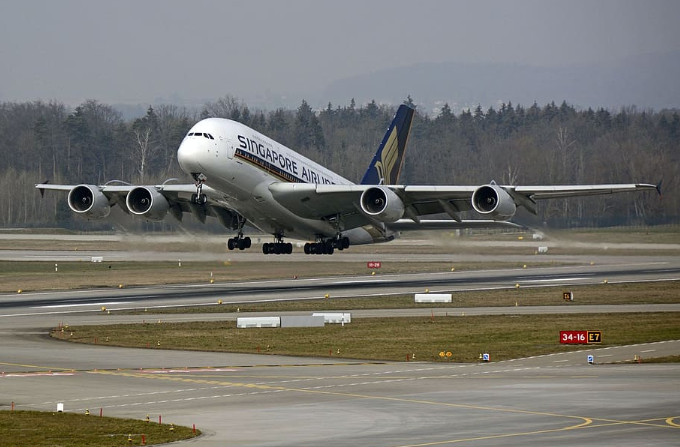SINGAPORE — China is currently experiencing a surge in Covid-19 infections following the removal of most pandemic restrictions in early December. An e
SINGAPORE — China is currently experiencing a surge in Covid-19 infections following the removal of most pandemic restrictions in early December. An estimated 250 million people, or 18 percent of the population, have been infected between Dec 1 and 20. Despite this rise in cases, infectious disease experts in Singapore believe that, largely due to the country’s high vaccination rate, there is no immediate need to impose stricter entry requirements for travelers from China.
China’s recent wave of infections has strained its healthcare system, with hospitals in some cities facing shortages of beds and medical staff, as well as critical shortages of test kits and fever medications. Chinese nationals overseas, including those in Singapore, have even resorted to mailing paracetamol back home to help meet the demand.
However, infectious disease experts in Singapore have expressed confidence that the country’s current measures are sufficient. Dr. Paul Tambyah, president of the Asia-Pacific Society of Clinical Microbiology and Infection, told TODAY, “The incidence of new cases in China does not appear to be more than in other temperate countries such as Germany, France, and the United States. Furthermore, there is little evidence that travel restrictions work.”
This sentiment is echoed by Dr. Leong Hoe Nam, an infectious disease specialist at Mount Elizabeth Novena Hospital, and Associate Professor Hsu Li Yang from the National University of Singapore’s (NUS) Saw Swee Hock School of Public Health, who both cited Singapore’s robust vaccine uptake as a key reason for the country’s resilience.
The experts added that further restrictions might only be necessary if a more concerning variant of the virus were to emerge in China. Associate Professor Alex Cook, vice-dean of research at NUS’ Saw Swee Hock School of Public Health, pointed out, “If we were having tens of thousands of cases a day earlier in the year and yet still the epidemic could not sustain itself, then we should not expect what might be a few hundred cases a day from China to have much epidemiological impact.”
However, some caution remains. Dr. Stuart Campbell Ray, an infectious disease expert from Johns Hopkins University, highlighted in a recent AP report that China’s large population, combined with limited immunity, could create a potential breeding ground for new variants. “Each new infection gives the virus a chance to mutate,” said Dr. Ray, adding, “When we’ve seen big waves of infection, it’s often followed by new variants.”
While Singapore remains cautious, experts agree that, for now, no additional restrictions are required for travelers from China.



COMMENTS